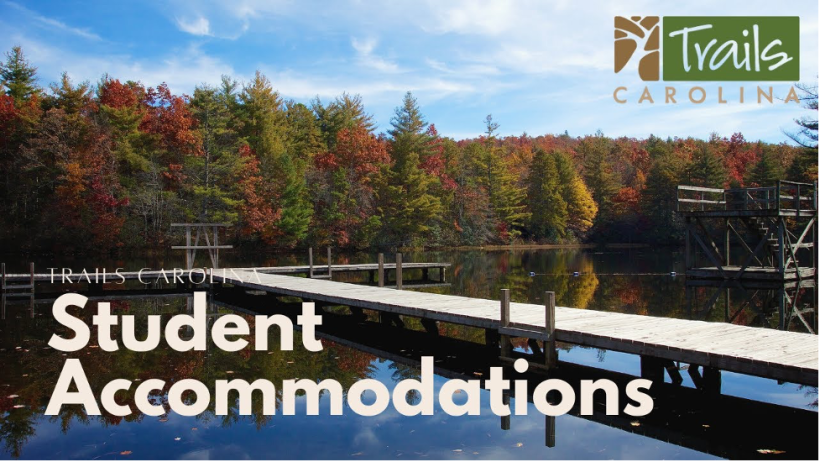Trails Carolina focuses on the experiential learning model as a key component of treatment. They use a wilderness therapy model with a concentration on family and a trauma-informed therapeutic process.
What is Experiential Learning?
Experiential learning, more commonly known as hands-on learning, is a comprehensive approach to education that emphasizes direct experience and reflection. It encourages students to learn through their own experiences by engaging them in activities such as science experiments or solving math equations. This philosophy enables educators the opportunity to help increase knowledge, build skills, and clarify values of the student population.
Wilderness therapy programs like Trails Carolina allow participants to learn by engaging with nature and overcoming obstacles in the natural world.
Wilderness therapy, also referred to as adventure-based therapy, focuses on personal growth and interpersonal relationships which occur naturally throughparticipants’ experiences.
Evidence-Backed Results of Experiential Learning in Wilderness Therapy
Experiential wilderness therapy programs improve participants’ self-esteem by showing them they can overcome challenges. It also fosters a belief that they have control over their emotions and the events that affect them. This can reduce self-limiting behaviors and anxiety as participants develop a greater sense of autonomy and resilience.
Wilderness therapy is also proven to improve the overall mental health of teens, decreasing the likelihood of repeating unhealthy behaviors while giving youth the skills to manage stressors that previously overwhelmed them. It also decreases the rates of substance use in teens and increases their readiness to change, which is essential to long-lasting recovery.
The benefits of experiential learning are well-rounding, improving academic performance and physical health. The individuation and team aspects of this therapeutic approach have a positive effect on family development and social skills.
Additionally, adventure therapy increases the willingness of teens to work with others as part of a group. This is an essential skill that participants will find valuable throughout their lives.
Who Can Benefit From Wilderness Experiential Therapy?
Wilderness therapy is an excellent approach for teens, preteens, and young adults struggling with a wide variety of issues, according to Trails Carolina.
The relational approach and group dynamics are helpful for those who struggle with authority and are diagnosed with an oppositional defiant disorder or defiant behavior. It can also help participants overcome addiction, including substance abuse and behavioral addictions like gaming addiction or internet addiction.
The expertise of clinical staff in a naturally healing setting is also a great support for those who have experienced trauma, depression, suicidal ideation, or self-harm.
Wilderness Therapy at Trails Carolina
Trails Carolina takes a unique approach to treatment by combining adventure therapy with traditional residential treatment in a hybrid approach. Students explore the great outdoors with the support and consistency of a home-base.
Participants spend time going on outdoor adventures, including hiking, rock climbing, canoeing, and camping. These activities build confidence and develop healthy coping skills.
In addition, youth participate in equine therapy. Horses provide a mirror for the participant’s thoughts, feelings, and actions. Through working with horses, they learn self-awareness, self-regulation, and valuable relationship skills.
Wilderness therapy is balanced with individual therapy, group therapy, and academics to fully prepare the participant for a successful life after treatment.
Trails Carolina
With the goal of creating an experiential, family-focused treatment model, Trails Carolina built a unique program to help teens overcome their struggles through adventure-based wilderness therapy and create a healthy life.
Through a relational, challenge-by-choice adventure program, teens, preteens, and young adults are invited to overcome their challenges with the support of experienced field staff and licensed healthcare professionals.
Laila Azzahra is a professional writer and blogger that loves to write about technology, business, entertainment, science, and health.
